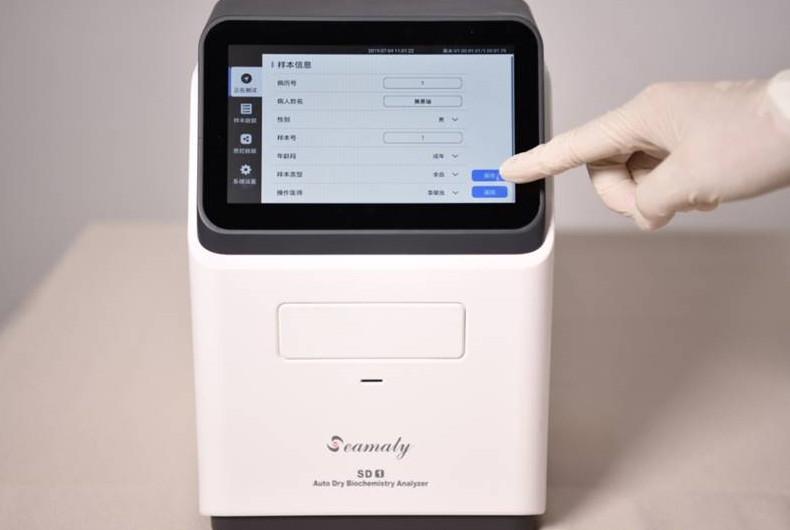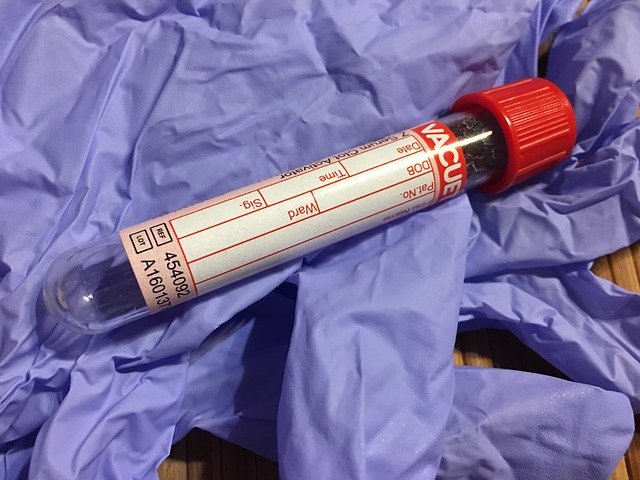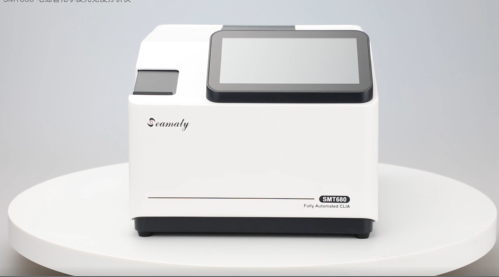release time:2022-07-04 16:02:00
In a clinical laboratory, a chemistry analyzer is an instrument that is used to measure concentrations of various biomolecules in body fluids. The results of these measurements can provide important information about a patient's health.
In addition, chemistry analyzers can be used to monitor the progress of a patient's disease. For example, measuring the level of prostate-specific antigen (PSA) in the blood can help to track the progression of prostate cancer. Thus, chemistry analyzers are important tools in both diagnosis and treatment of many diseases.

1. Clean the outside of the machine regularly with a damp cloth. This will help to remove any dust or dirt that could potentially enter the machine and affect its performance.
2. Periodically check the calibration of your machine. Most models come with an instruction manual that will detail how to do this.
3. Change the filters on your machine according to the manufacturer's guidelines. This will ensure that air can flow freely through the machine and that dust particles are removed efficiently.
4. Keep the machine well-lubricated according to the manufacturer's instructions. This will help to prevent wear and tear on vital components, extending the life of your machine.
By following these simple tips, you can help ensure that your chemistry analyzer continues to provide accurate and precise results for years to come.
Conclusion
If you are in the market for a chemistry analyzer, it is important to understand the different types and how to choose the best one for your needs. The benefits of using a chemistry analyzer include accurate and fast results, ease of use, and portability. By following these tips and taking care of your chemistry analyzer, you can ensure that you get the most accurate results from your tests.

2022-07-22
Blood cell analyzer has high environmental requirements. The instrument should be far away from radiation, nuclear magnetic, radiotherapy gas pedal and other large medical equipment section to prevent the interference of electrical signals.

2022-04-08
Commonly used in vitro diagnostic devices include biochemical analyzers, chemiluminescent immunoassay analyzers, blood cell analyzers, coagulation analyzers, urine dry chemistry analyzers, urine organic fraction analyzers, glucose meters, flow cytometry analyzers, etc.

2021-12-24
Vet Chemistry Analyzers are used to determine whether various chemical components in the animal's blood are within normal limits, such as liver function, kidney function,